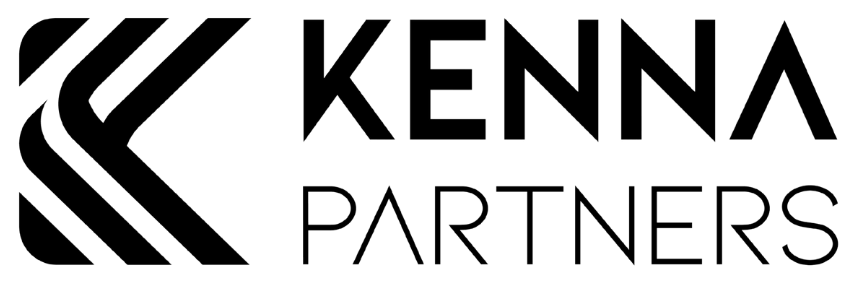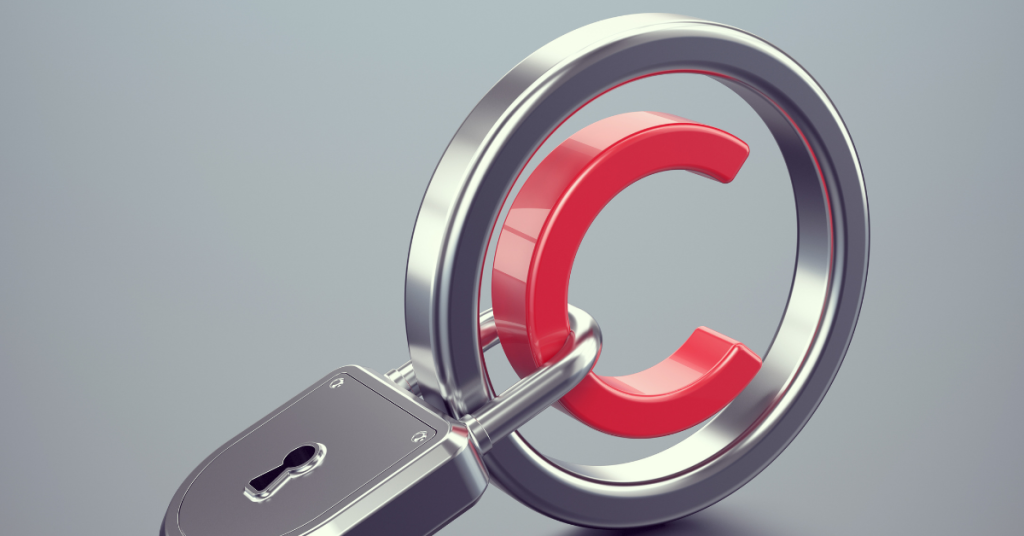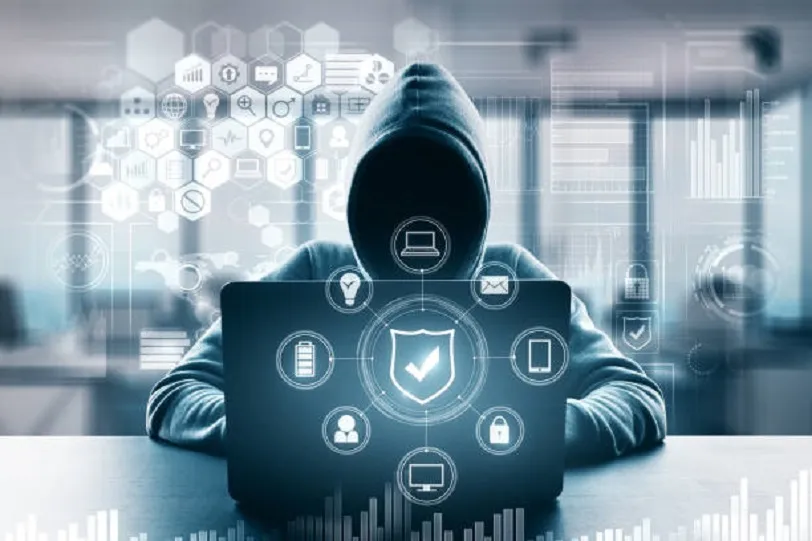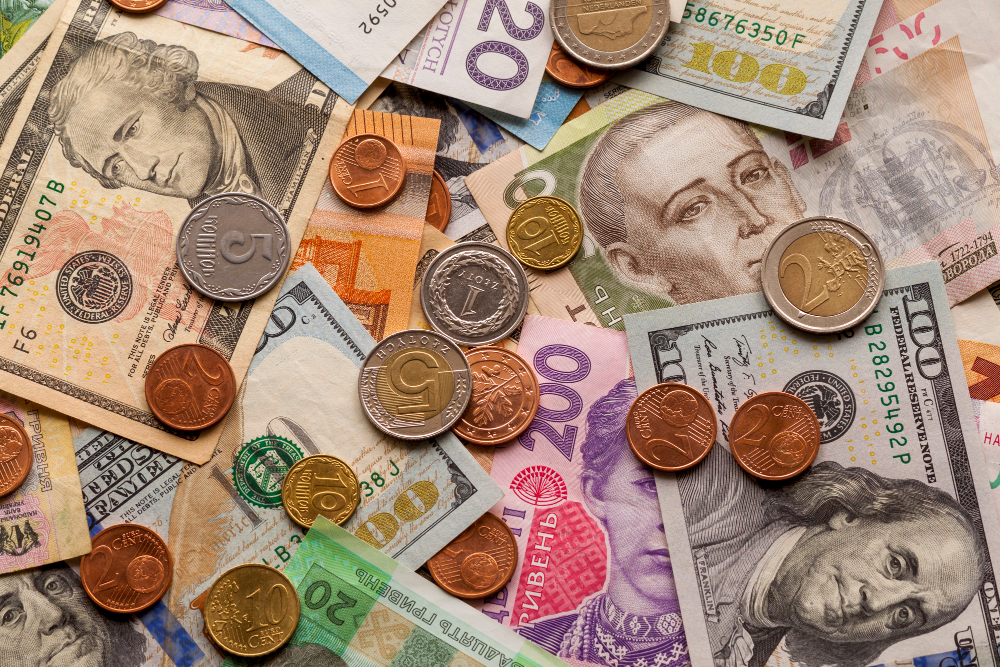Piracy has been an obstacle to copyright protection in Nigeria, as it has over the years resulted in loss of revenue for authors and the government, discouragement of foreign investment and the stifling of creativity. According to the Trade-Related Aspects of Intellectual Property Rights (TRIPS) Agreement –
“Pirated copyright goods shall mean any goods which are copies made without the consent of the rightholder or person duly authorised by the right holder in the country of production and which are made directly or indirectly from an article where the making of that copy would have constituted an infringement of a copyright or a related right under the law of the country of importation“
Just as technology has aided quick and fast delivery of digital content and accessibility to materials, it has also reduced copyright protection in Nigeria, yielding new forms of infringement
Forms of Digital Copyright Infringement
- File sharing: This is the uploading or downloading of a content file such as an MS Word document, a PDF file, or an e-book, onto or off of an online service where anyone can copy it.
- Peer-to-peer: This is a common way of distributing files without using an internet server. An example is Limewire, etcetera. While it is not illegal to use peer-to-peer as a means of file sharing, it has commonly been used to illegally transfer copyrighted materials.
- Illegal Streaming of Copyright Content: This is a process that allows a user to view unauthorized copyrighted content online without downloading illegal files.
- Cyberlockers: These are third-party online services that provide file storage and file-sharing services for various media file types, such as photos, videos, and sound files. They offer fast, convenient, and anonymous distribution of content, which can be downloaded or streamed.
- Linking Websites: These websites collate thousands of links to pirated content often stored on external cyberlockers. These sites facilitate copyright infringement because cyberlockers are not searchable.
- Film release groups: These groups upload and share content on private torrent sites that rely on donations from members. The materials eventually make their way onto public torrent sites, where they can be downloaded by unauthorized persons.
- Sharing of media files and books through social media platforms like WhatsApp, Telegram, and LinkedIn. would also amount to an infringement of copyright.
Inadequacy of the Copyright Protection Act
Section 21 of the Copyright Act (1998) provides for anti-piracy measures and empowers the Nigerian Copyright Commission (“NCC”) with the consent of the Minister to prescribe suitable marks, labels, designs, impressions, or other anti-piracy devices in connection with any works over which copyright protection subsists.
However, with the emergence of the Copyright Bill, 2021 (‘the Bill’) certain new provisions to cater to the concerns with copyright infringement via digital platforms have been introduced.
Section 26 of the Bill criminalised circumventing technological protection measures on online platforms while Section 27 of the Bill prohibits any person from uploading false information about the owner and rights of a work. Further to this, Section 29 of the Bill makes it possible for the owner of copyright in a work that has been infringed to issue a notice to take down the infringing site. Section 31 of the Bill empowers a
service provider to suspend an infringing account while Section 36 empowers the NCC to block access to infringing online content.
Conclusion
With the expansion in the definition of piracy and copyright infringement, it would be beneficial for the Copyright Act (1998) to be altered in line with present realities to adequately combat and curb the incidents of copyright infringements on digital platforms. Indeed, the inactions of regulatory bodies and private enforcement efforts alike have increased the proliferation of digital piracy.
A combined effort of regulatory bodies, rights societies, copyright holders/owners, and internet intermediaries is required to curb the menace of online or digital piracy. However, with the emergence of the Copyright Bill, 2021 (‘the Bill’) certain new provisions to cater to the concerns with copyright
infringement via digital platforms has been introduced.





